- 37 Posts
- 109 Comments

 14·3 months ago
14·3 months agoThe medieval warm period was warmer than present and society flourished during that time. This period lasted from 900 to 1300 AD.
https://est.ufba.br/sites/est.ufba.br/files/kim/medievalwarmperiod.pdf
https://www.scmp.com/article/700638/china-gives-history-lesson-warming
Chinese scientists say that Chinese society prospered during warmer times.
From the prosperity of the Shang dynasty 3,600 years ago to the ruin of the Bronze Age, the cultural peak of the Tang dynasty in the seventh to 10th centuries and the subsequent ravages wrought by horsemen from the north, Chinese civilisation has reached its highest points when temperatures have been warmest and its lowest points when they have cooled.
Wang Zijin , an environmental historian at Beijing Normal University, said the relationship between temperature and success was no coincidence. When the weather cooled, agricultural output fell, wealth contracted, discontent rose and China became more vulnerable to invasion from the north.
‘In the long term, warming may not be a curse but a blessing [to China],’ he said. ‘According to what happened in the past, if the temperature continues to rise in the future we may not see the return of elephants, but it will be very possible that rice and bamboo can again grow along the Yellow River. Xinjiang , Gansu and Inner Mongolia will become much more habitable than they are today.’

 2·3 months ago
2·3 months agoThanks for the criticism.
However, the greenhouse effect is supposed to work by absorbing outgoing infrared, not sunlight which the experiment measured. The absorption of sunlight is not much compared to the absorption of outgoing infrared. Therefore I still believe the experiment is irrelevant to the greenhouse effect, while the part of my comment you quoted might be wrong.

 8·4 months ago
8·4 months ago20,000 in 30 days. They expect the total force (French + allies) to equal 60,000 according to French General.

 19·4 months ago
19·4 months agoChanges in the climate might decrease yields, however CO2 concentration directly increases them. This should recover 60% to over 100% (wheat increased, soybean fully recovered) of the losses due to climate change depending on the crop from 2000-2080 according to NASA.
So if you take the 50% loss of corn due to lack of moisture stated in your report, recovered by 60%. It should be ~20% decrease (time period probably starts from 2020s in the report, so this calculation is off), while wheat will increase by 10% overall according to NASA.
Farmers may switch to the more productive crops to compensate.
https://www.nasa.gov/technology/nasa-study-rising-carbon-dioxide-levels-will-help-and-hurt-crops/

 413·4 months ago
413·4 months agoEdit: Downvoters please reply. For clarification, I am just arguing against the claim that climate change will “kill us all” in the literal sense.
Cold weather still kills way more people than hot weather. Warming has decreased the overall temperature-related deaths. 650,000 fewer people die per year than in the 80s and 90s. 18 million die per year from cold weather, 2.2 million from hot weather.
Interestingly, during the 2000-2019 period examined in the study, while heat-related deaths rose, deaths from cold exposure fell. And they decreased by a larger amount than the increase in heat-related fatalities. Overall, researchers estimated that approximately 650,000 fewer people worldwide died from temperature exposure during the 2000-2019 period than in the 1980s and 1990s.
World population has grown (4x) but natural disaster deaths have decreased to a fraction (less than 1/10th or less than 5,000 per year). This is because we are better prepared. A 40+x increase is required to reach 1920 levels per capita. And that 50,000 per year would still not be able to beat the 650,000 fewer people dying from temperature per year.
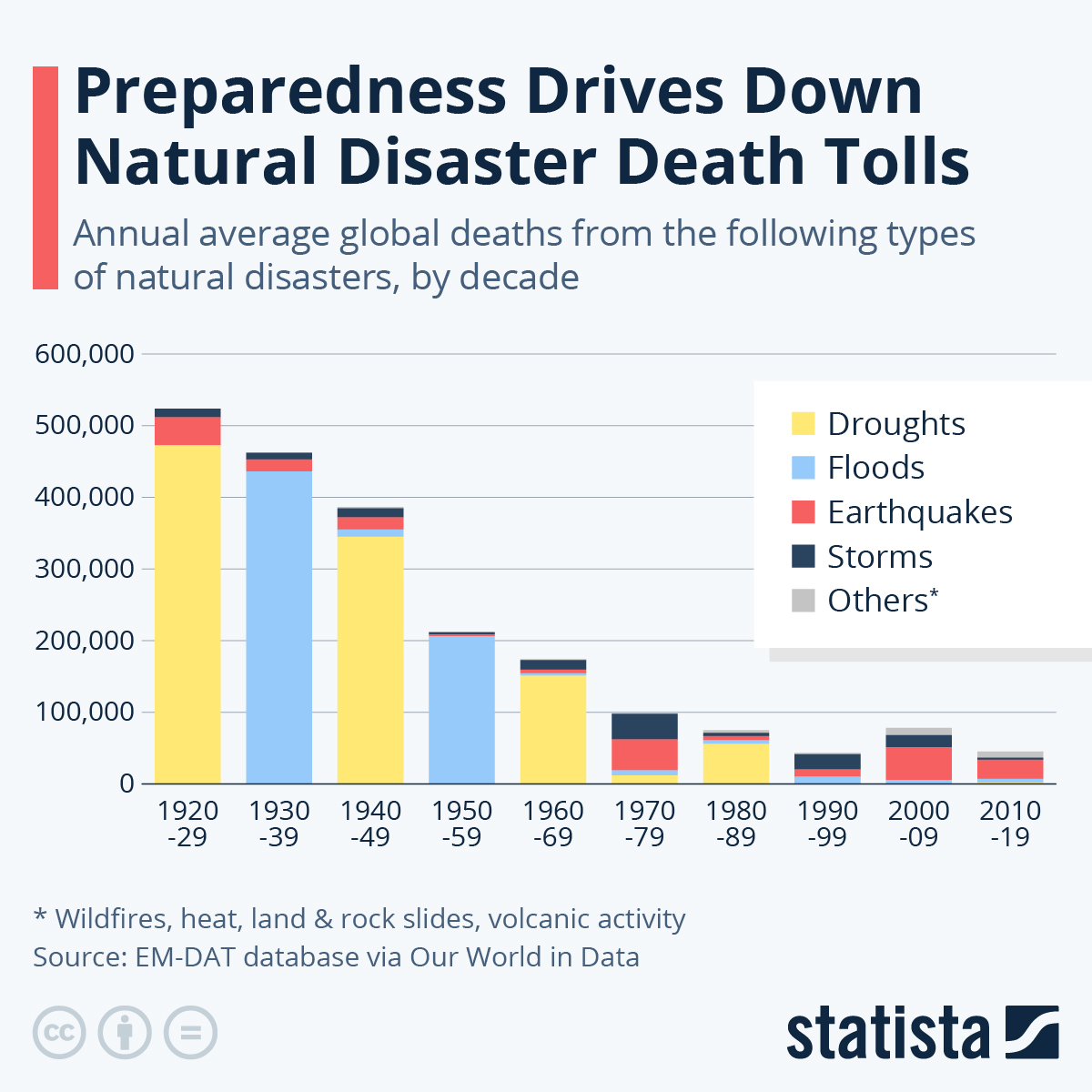

 22·4 months ago
22·4 months agoI’ve heard many people say they’ll vote Putin till he’s gone and then vote KPRF. Rally around the flag effect seems huge at the moment. Still there was one good aspect that stood out to me:
Communists delivered 26 million copies of their program across the country (for the first time not skipping a single subject) which the other candidates severely lacked, a win regardless of the electoral result.
https://kprf.ru/activity/elections/225109.html
Machine translation of Kharitonov’s belief in its immediate implementation:
“Our program will make its way literally from tomorrow. In all regions, in all territories, it was received favorably, and people hope for its implementation. And we will implement it directly,” Kharitonov noted at a briefing on Sunday evening.
In his opinion, the current head of state, Vladimir Putin, has taken on enormous responsibility.
“If he wins, one can only wish for one thing: to justify the trust of his voters,” he emphasized, Rossiyskaya Gazeta reports.
Let us remind you that Putin is in the lead with 87.26% in the presidential elections based on the results of processing 60% of the protocols. Second place goes to Kharitonov, who received 4.18% of the votes.

 12·4 months ago
12·4 months agoIn quotes is a good response from ChatGPT on the matter, she did not discover the greenhouse effect, only the absorption of energy.
Her experiment on it’s own would support a cooling effect (she showed that CO2 absorbs solar radiation, not the greenhouse effect (which is based on the absorption of outgoing infrared radiation):
If carbon dioxide (CO2) simply absorbed energy, including sunlight, without re-emitting it, it could lead to cooling at the Earth’s surface. This is because the absorbed energy would not be radiated back to the surface, resulting in a net loss of energy from the Earth-atmosphere system.
Greenhouse effect described:
However, in the context of the greenhouse effect, CO2 (and other greenhouse gases) not only absorb incoming solar radiation but also absorb and re-emit infrared (IR) radiation emitted by the Earth’s surface. This process traps some of the outgoing IR radiation, preventing it from escaping into space and thereby warming the Earth’s surface and lower atmosphere. This trapping of IR radiation is what contributes to the warming effect known as the greenhouse effect.

 5·4 months ago
5·4 months agoYeah the first thing is a problem, but do we support Scottish independence?

 7·4 months ago
7·4 months agoNo, Ukrainianization was promoted in all of Ukraine and the Kuban region of Russia as well. In 1930, this was repealed by local goverments in Novorossiya, Ukrainian language wasn’t banned but not promoted like it was in previous years.
https://nemets.substack.com/p/roots-of-the-donbass-war
In spite of the absorption of the Borotbists and Ukapists, the Ukrainian Bolsheviks were still a largely foreign party in 1922, with 77% of members being non-Ukrainian. Recognizing their weak roots in the Ukrainian countryside, the Bolsheviks launched a Ukrainianization drive in 1923. The school system was shifted to Ukrainian, Ukrainian use was expanded in the universities, bureaucrats were required to take Ukrainian lessons, Ukrainian newspapers were founded, Ukrainian language signs were made, and Ukrainians were promoted in the party apparatus. Not only was the aim to strengthen communism within Ukraine, but also to attract the support of millions of Ukrainians living under Polish rule in Galicia. World Revolution after all could not be stopped by mere borders.
While Ukrainization was advocated by the Soviet government, there was widespread passive opposition to Ukrainization policies in the Russian majority cities of the east. The Russian language continued to dominate within urban industry, and Ukrainian speakers rapidly adopted the Russian language upon moving to the eastern cities. Fewer than 10% of workers in the Donbass in the 1930s knew Ukrainian, and it was a minority language among workers in Kiev and Kharkov. Ukrainians and Russians largely saw each other as part of the same ethnic majority and mixed with little problem. Some 6.5 million Ukrainians lived in Soviet Russia in 1925, and their descendants today are fully assimilated Russians.
Ukrainianization funding was cut in 1928, allowing for institutions to ignore Ukrainianization measures. Odessa, Nikolayev, and Kharkov all moved to reverse parts of Ukrainization measures. However it was the failure of collectivization and the resulting famine in 1932 that turned the Soviets decisively against Ukrainization. Polish spies and Ukrainian nationalists were blamed. The theory was that former members of the Ukrainian People’s Republic (an anti-Bolshevik state based out of Kiev that had been defeated in 1921) as well as Polish agents had successfully infiltrated the communist apparatus through the Ukrainianization process, then sabotaged Soviet agriculture. 16,000 were arrested in this prelude to the Great Terror.
Ukrainianization policies and supporters were further undermined by public Nazi support for an independent Ukraine in 1933. By 1934, Stalin decided that both Great Russian chauvinism and local nationalisms (such as that of Ukraine) should be dealt with on a case-by-case basis, thus removing the last basis for Soviet support for Ukrainianization. Russification was revived outside of primary schools. While a greater share of Ukrainian students studied Ukrainian in primary school in the late 1930s and after than they did during the 1920s at the height of the Ukrainianization movement, Russian supplanted it elsewhere.
Poland had seized the whole of Galicia and half of Volhynia in the chaos following WWI. Naturally favoring its own people over the Ukrainians, Poland gave its army veterans land in the east while also encouraging Ukrainian emigration. The Ukrainian language was excluded from public use, the ethnic label of Ukrainian was never used (Rusyn was used instead), and tribal distinctions were encouraged. Lemkos, Boykos, and Hutsuls as well as Old Ruthenians were encouraged to identify themselves as separate from Ukrainians.
Ukrainian resistance against Polish rule was less common but better known than Ukrainian resistance against Soviet rule. This is partly due to the mercilessness of Soviet reprisals, but also the charisma of Stepan Bandera. Leader of the Organization of Ukrainian Nationalists (OUN), Bandera organized assassinations of Polish and Soviet officials in the 1930s in revenge for the injustices committed against Ukrainians. Sentenced to seven life terms in Polish prison, Bandera escaped in September 1939 during the collapse of the Polish state.
Soviet troops occupied the eastern parts of Poland in 1939 per an agreement with Germany. Galicia fell under Russian rule for the first time in history. The Soviets sought to win local Ukrainian support by Ukrainianizing the school system and abolishing Polish cultural institutions. Additionally, they shifted the ethnic balance of the region in the favor of Ukrainians by deporting over 400,000 Poles.
The Second World War devastated Ukraine. Much of Ukraine’s infrastructure and housing was destroyed in the fighting, 4.1 million civilians died, and 1.4 million soldiers were killed. Much as in 1709, the vast majority of Ukrainians fought alongside Russians rather than the Westerners. Of those who did not fight alongside the Russians, about 250,000 fought for Germany and another 100,000 fought under the banner of the Ukrainian Insurgent Army. The latter, sometimes backed by Germany, sometimes not, killed between 60,000 and 90,000 Poles in Galicia and Volhynia, causing the surviving Poles to flee west.
Thus the Polish-Ukrainian conflict which had begun in 1340 had finally been resolved in WWII. While the centuries of violence have not been forgotten, they have been forgiven. The lack of an active dispute between Ukraine and Poland has led them to peace and mutual affection. The Ukrainian nationalists, no longer occupied with the Polish problem, thus turned their full attention to the Soviet and later Russian problem.
In Crimea, the local Tatars collaborated with the invading Germans at a rate unmatched elsewhere in the USSR. As many Crimean Tatars volunteered to fight for Germany as fought for the USSR. Widespread collaboration caused the Slavs (both Russian and Ukrainian) to loathe the Crimean Tatars as collaborators. The entire Tatar population was deported after the peninsula was liberated by Soviet forces, turning it into an almost purely Slavic land. Even though Crimea was 71% Russian, it was turned over from Russia to Ukraine in 1954 as a gift.
Many Ukrainian collaborators suffered the same fate as the Crimean Tatars. However, some managed to escape to the West. Ukrainian communities in Canada, America, Germany, Brazil, Australia, Venezuela, and Denmark worked to aid their coethnics and provided them safe havens - regardless of what they had done at home. They became unusually prominent in Canada, where they have been instrumental in promoting Ukrainian culture and history. For instance, Canada’s Deputy Prime Minister Chrystia Freedland’s grandfather worked closely with German propagandists during WWII. Those Ukrainian emigrant communities formed an education network which in the 1970s and 1980s created an ideological basis for an independent Ukrainian state that was largely alien to the Ukrainian historical research completed within the Soviet Union.
The 1950s saw the beginning of a lasting peace in Ukraine. There were trends towards Russification and Ukrainianization. About a quarter of students in Soviet Ukraine attended Russian language schools, but the Hrushyov Thaw allowed for a revival of Ukrainian culture and history. Economic decentralization allowed for regional party bosses to gain power, with a particularly powerful clique becoming influential in Dnepropetrovsk. The Brezhnev era saw a continuation of those contradictory trends. Ukrainians gained more control over the local political and economic structures, while at the same time the erasure of national distinctions was idealized - the aspiration was to birth a new Soviet nation from the old peoples.
While urbanization in the 1920s and 1930s had driven Russification, it instead drove a stronger Ukrainian identity in the 1970s and 1980s. Literacy and education accentuated previously fluid ethnic distinctions between Russians and Ukrainians. Gorbachyov’s openness policies in the 1980s drove another Ukrainian cultural revival, as well as allowing for research into the 1933 famine and Soviet massacres of Ukrainians. A Cossack revival took place in the west, and attempted to revive the Cossack heritage in the faithfully communist east.

 13·4 months ago
13·4 months agoThere’s several people within a ~5 meter radius (as I showed in my reply above, they are barely cut off from the image in the post) and the UUF shown first in the banner is a banderite organizaton.

 201·4 months ago
201·4 months agoThere’s another one in the same rally and the cry Heroaim Slava. They also want to disclude Russia from the olympics. Finally the first logo on the bottom left corner in the image provided by OP is of the UNION OF UKRAINIANS OF FRANCE which is sympathetic of Stephan Bandera https://uduf.fr/
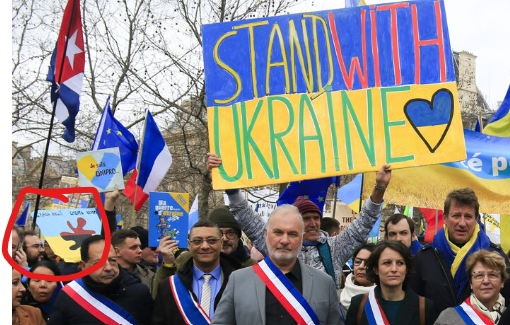

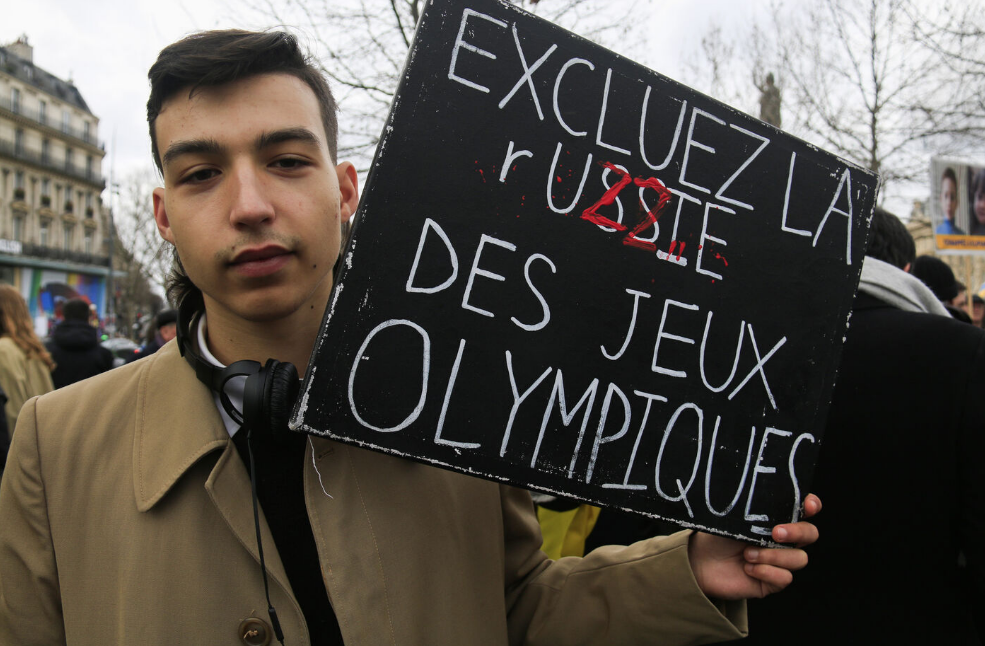
A new thing was him talking about the entire left bank of the Dneiper being historically Russian, this includes Poltava, Chernihiv, Sumy and Kiev in the north. Recently before this he was talking about creating a buffer zone to prevent Ukrainian attacks on Russian cities.
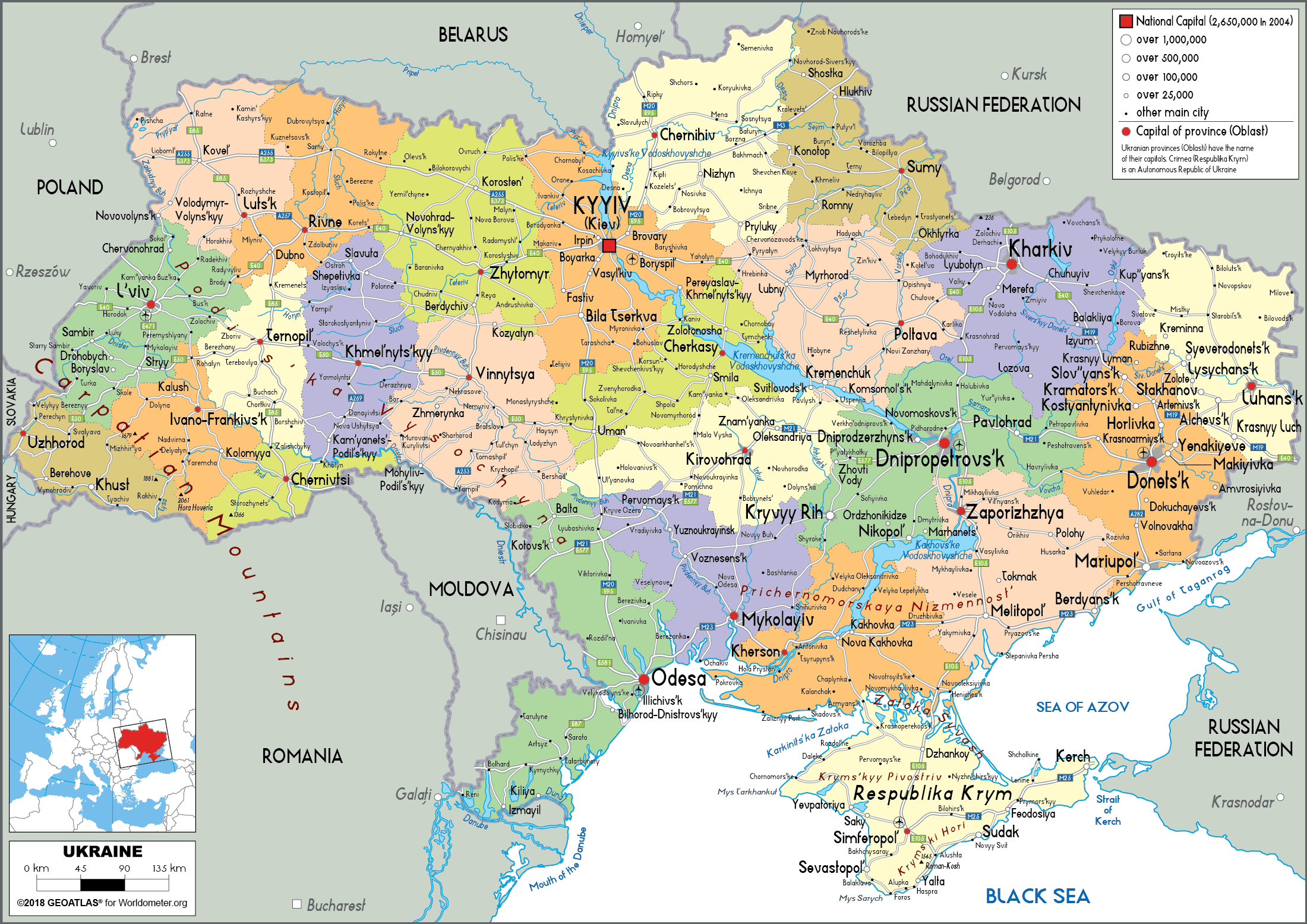
Oh alr nice, I see how it fits in the broader context of your post.
As to the OP mentioning, “I like how Putin clarified that Soviet Ukrainianization and indigenization of other areas of the USSR was not a bad policy in principle” I think this is best read as reactionary nationalist stuff. Basically that people of a culture should stick together, that there’s a duty to blood there, to preserving culture, to a commonality. You hear the same stuff from many reactionary thinkers.
How is it reactionary and nationalist to have a shared Belarussian, Ukrainian and Russian space where each national identity flourishes but is also interconnected? If Putin wants to live in harmony with Belarus or pre-maidan and to some extent post-maidan Ukraine instead of devouring them, where’s the issue?
In the interview he also admitted the superiority of China and it’s economy to Russia. He said that Russia is not much of a threat to US hegemony but China is. Having a population of 1.4B to Russia’s 140m and growing at 5%, having the largest economy.
He said that it was a good idea in principle to promote the indigenous languages and culture of the Soviet Republics (Ukrainianization) around 18:55. Im not saying he’s a leftist, just that he’s abandoned the vocal anti-communism.
KPRF critiqued his speech of February 2022 saying that it was Lenin who united the territories of the empire which were divided by local nationalists. What he said is similar and clarifies whether he believes Lenin made a mistake in shaping Ukraine vs just how things played out in the long run.
He said this time that the Soviet Union lived as a unified state with harmony between Russians and Ukrainians and the fault lied to the governments of Yeltsin, Gorbachev and himself for tearing off Ukraine from this shared space.

 42·5 months ago
42·5 months agoI believe he’s a right-wing conservative, what in particular makes you say he’s a fascist?
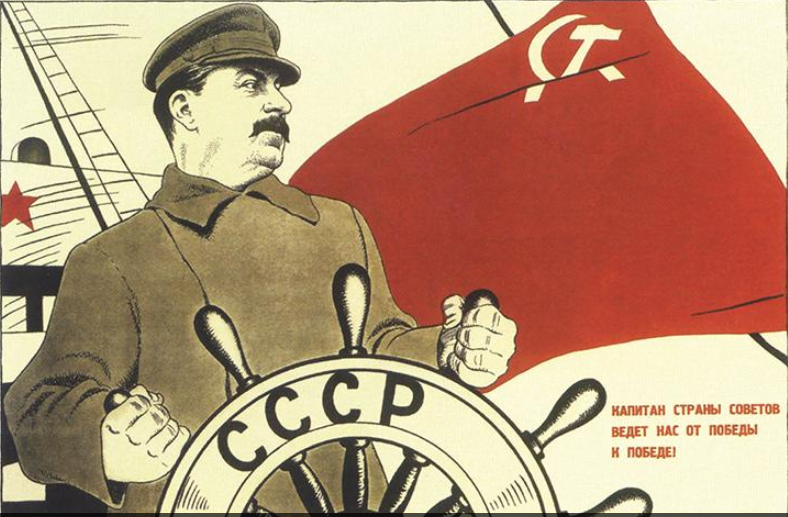
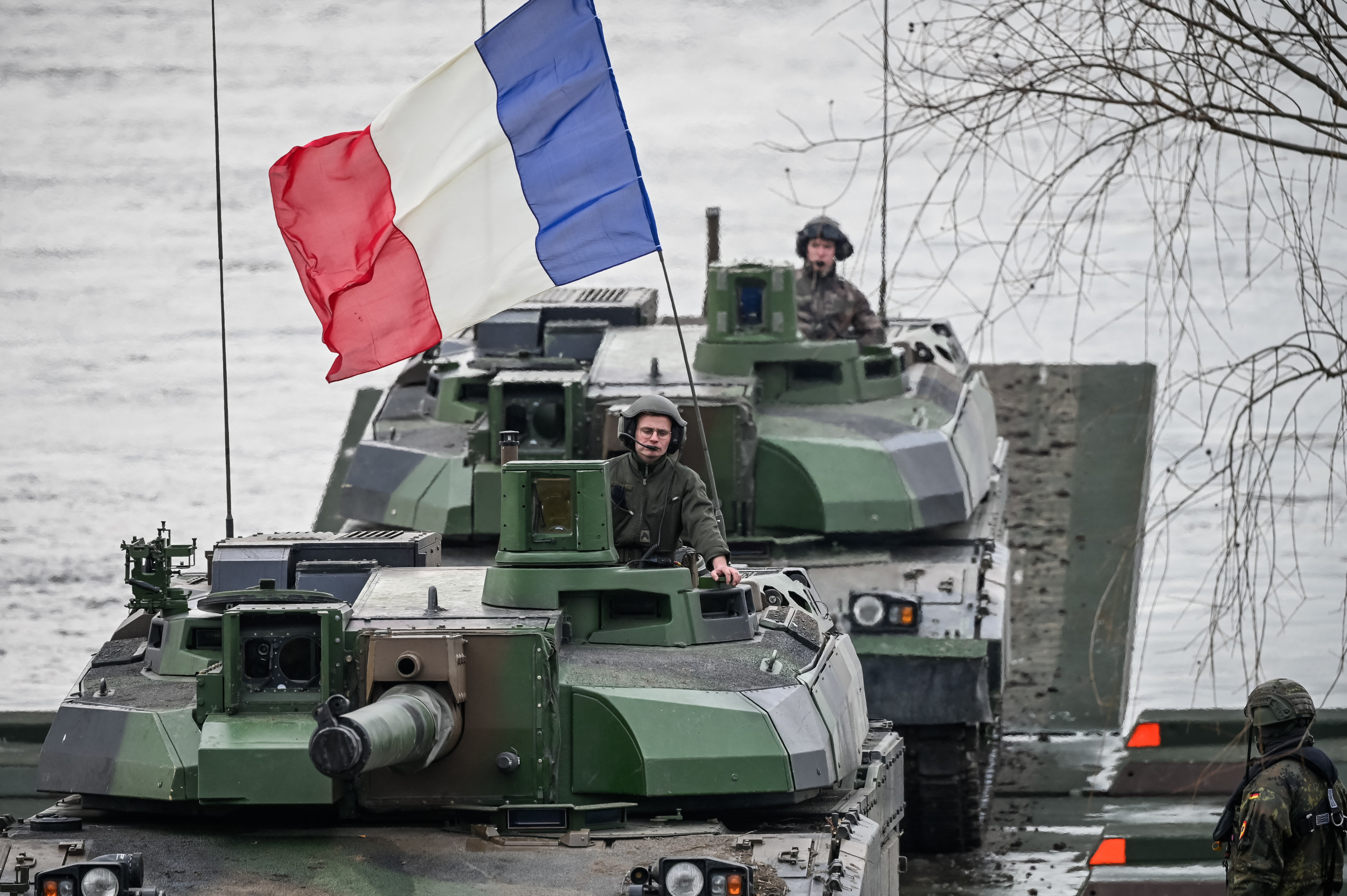

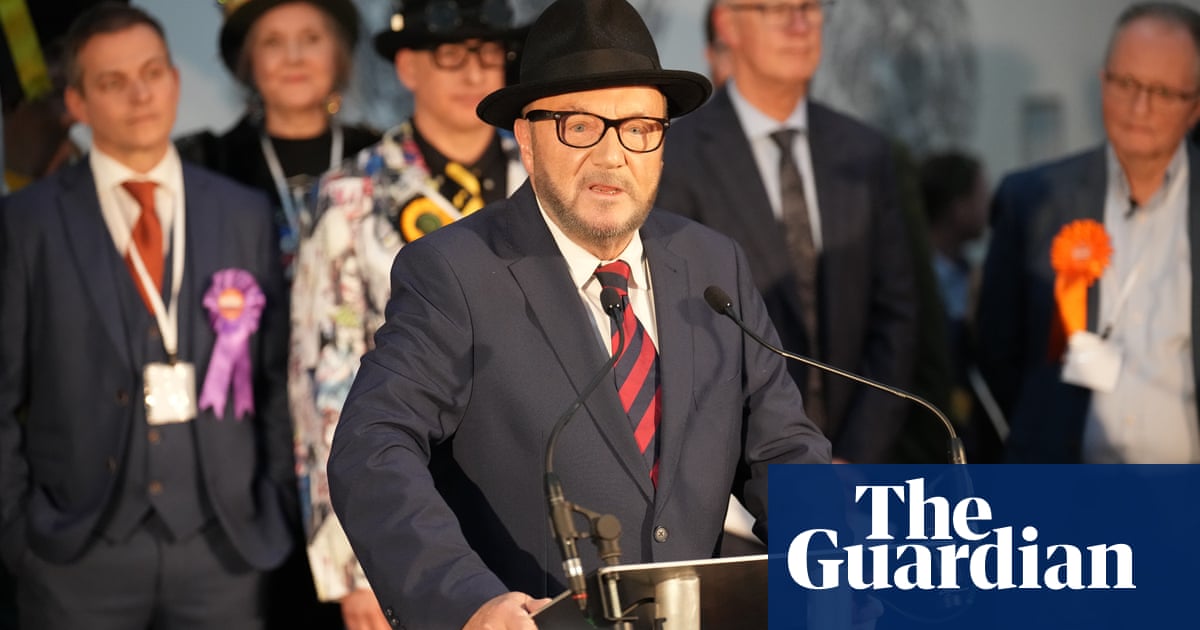
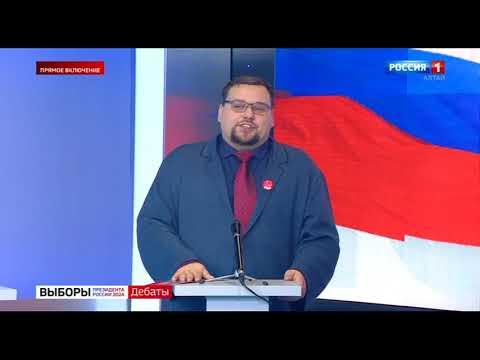
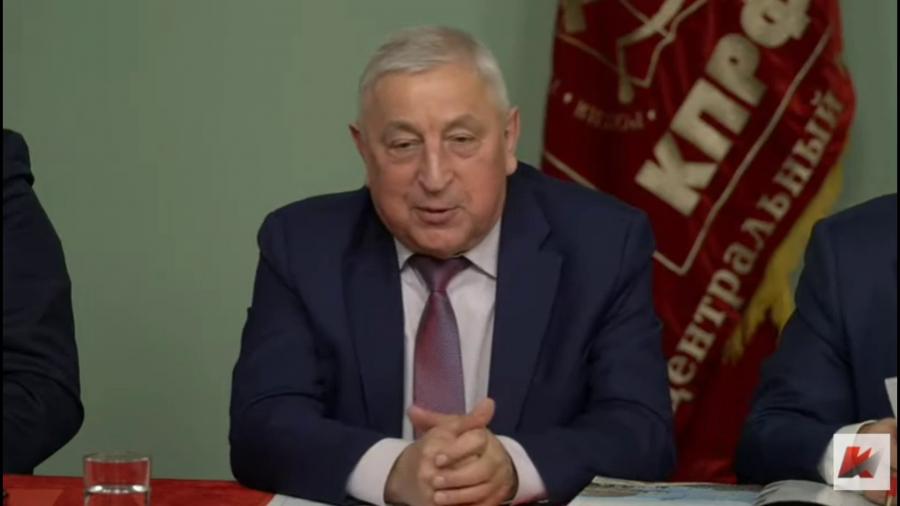
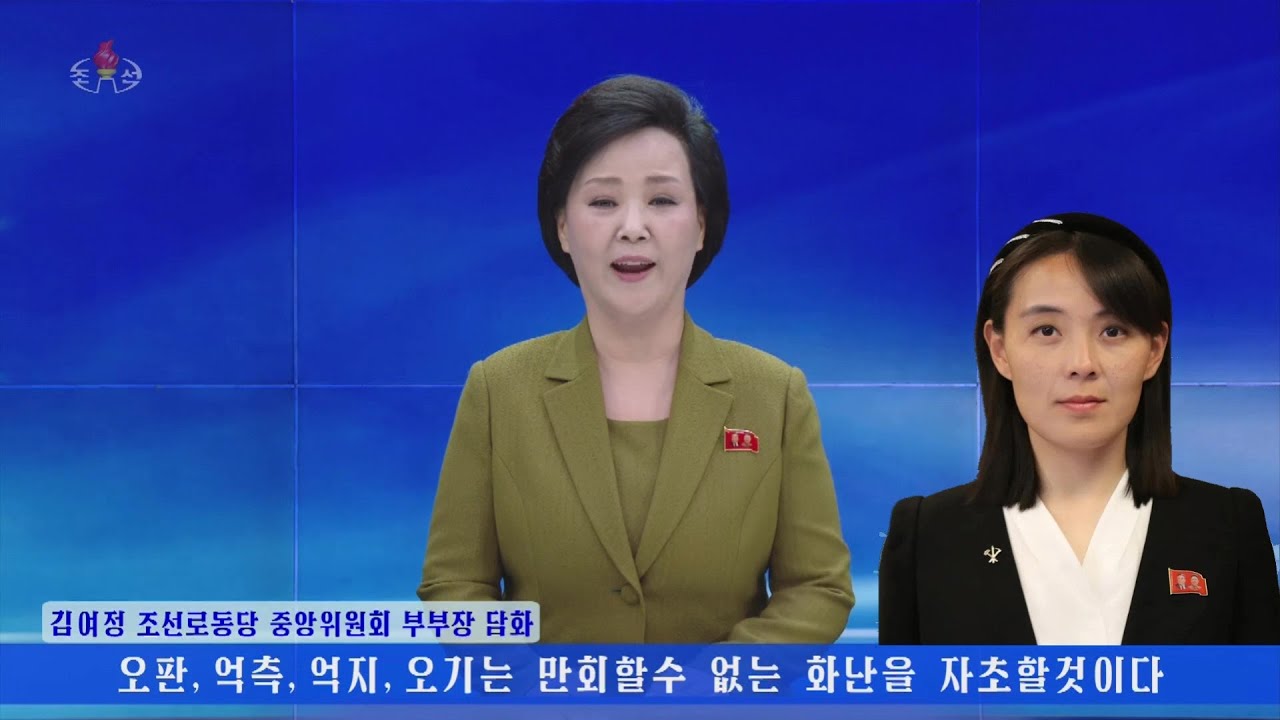
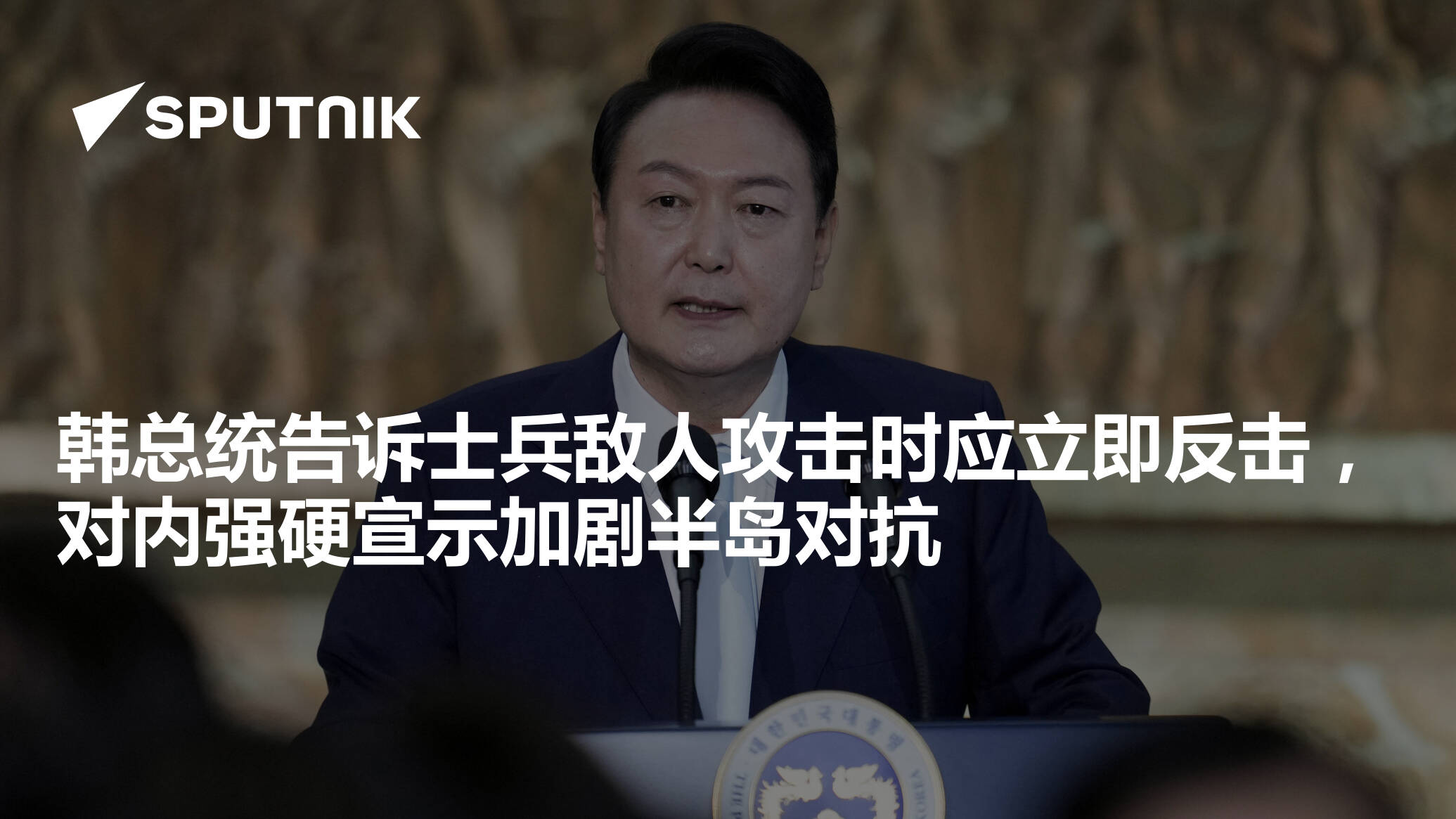


The work I linked is not a study. It cited many studies on the Medieval Warm Period.
I think you are basing him being a denier on what he said in 2013, it’s about the haitus and he’s acknowledged warming in the 1900s. (“Global warming ended in 1998. […] There has been no global warming in 15 years.”). This was said at the end of the 15-year hiatus (1998-2014). The hiatus was even acknowledged by the IPCC in its 2013 report.
And here’s Chinese climate scientists acknowledging a decrease in temperatures in North America during that time period in a peer-reviewed journal. So there was some substance to what he was saying at the time. https://agupubs.onlinelibrary.wiley.com/doi/full/10.1029/2018EA000443
Edit: I’ll respond to the first part too in a later reply.